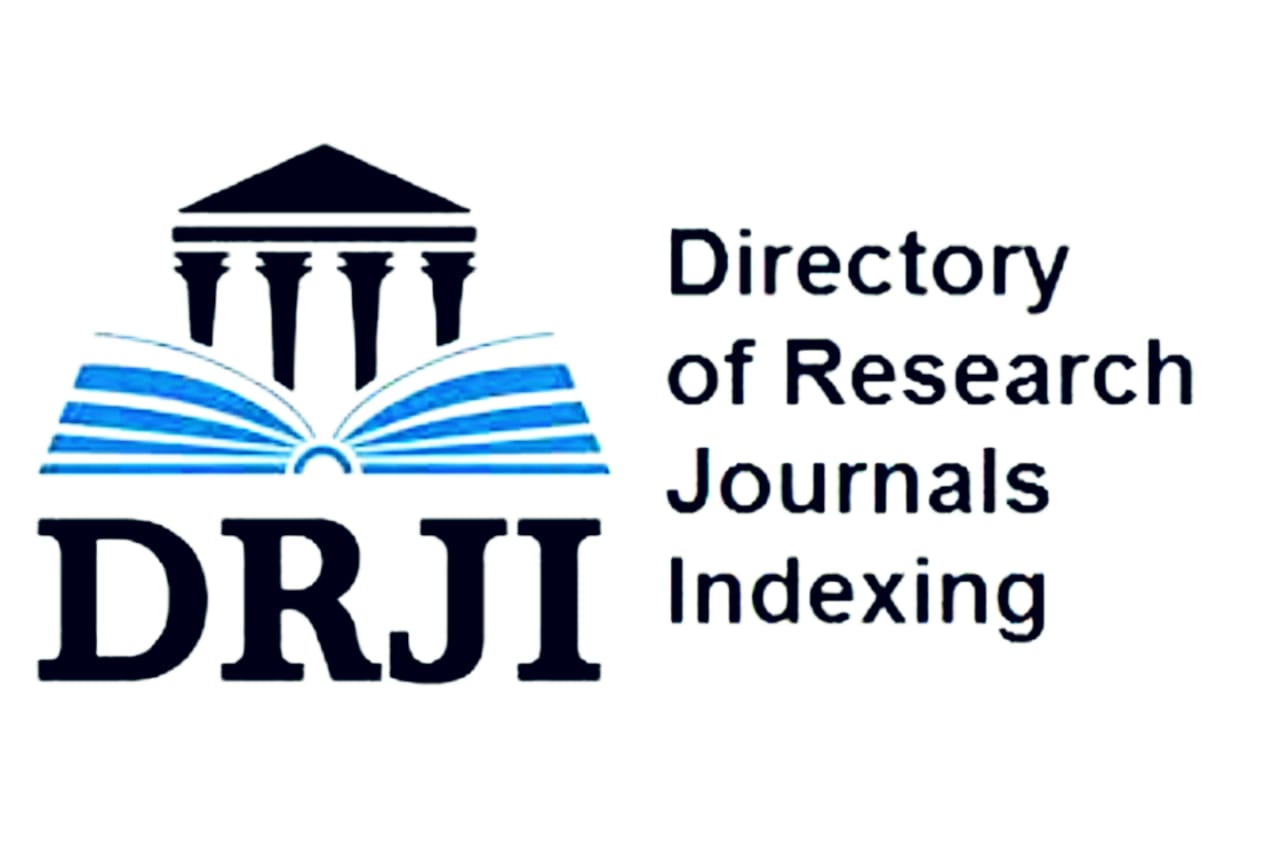Analysis of the Kazakh tribe Baiuly based on the distribution of the Y-chromosome haplogroups
DOI:
https://doi.org/10.26577/ijbch.2020.v13.i2.10Abstract
A haplogroup is a group of similar alleles that have a common ancestor in which a mutation
has occurred, inherited by all descendants. Haplogroups, particularly from the Y-chromosome (Y-DNA), is widely used in population genetics and genetic genealogy, a science that studies the genetic history of mankind. Recent studies of the Y-chromosome of modern Kazakhs have demonstrated the diversity of the Kazakh gene pool. During the expedition carried out in 2014-2016, clinical material was collected from varios regions of Kazakhstan, representing samples of peripheral blood and buccal scrapings. All representatives of Kazakh nationality were familiarized with informed consent. In total 1623 respondents participated in the study, 169 of whom were representatives from Baiuly tribe of Junior zhuz. We analyzed the provided samples and found that the Baiuly is characterized by 10 haplogroups, the most prevailing of which is the C2 haplogroup (85%).
Downloads
How to Cite
Issue
Section
License
ааа

















